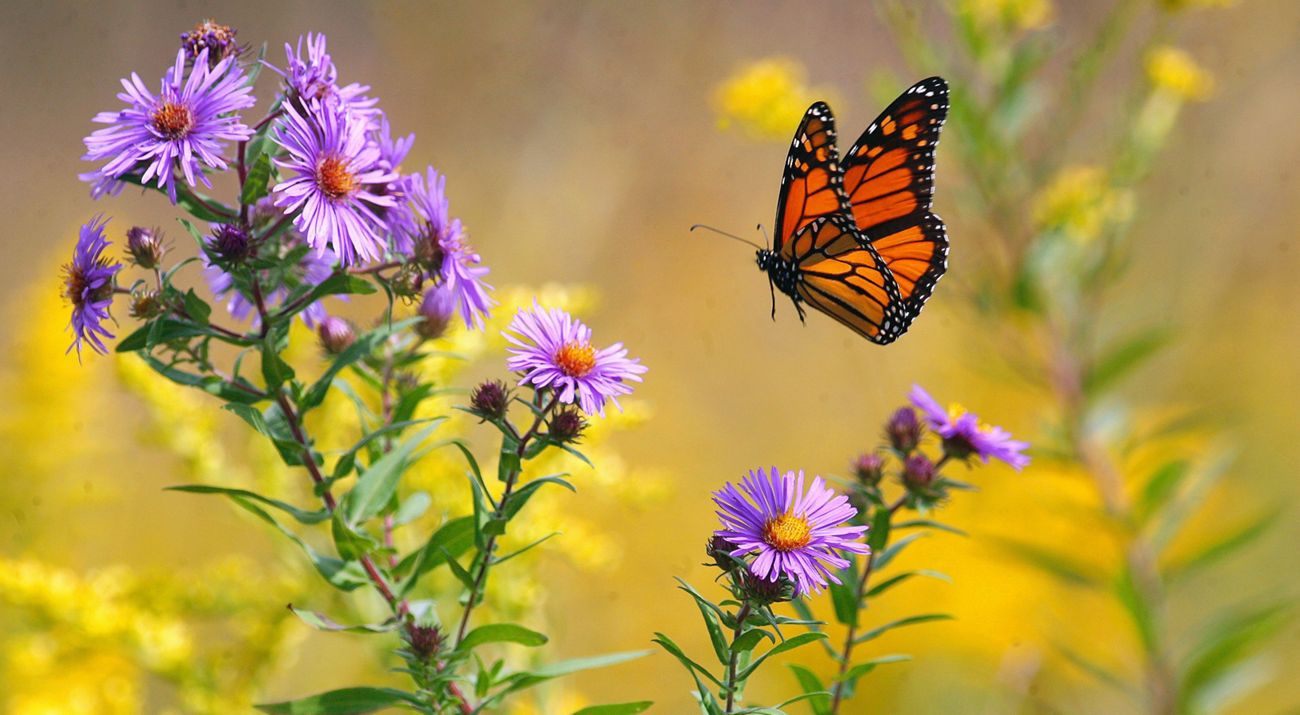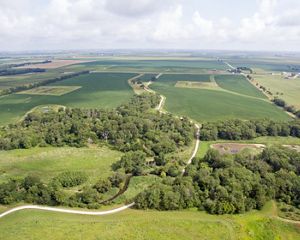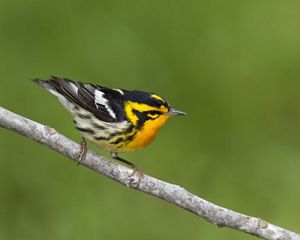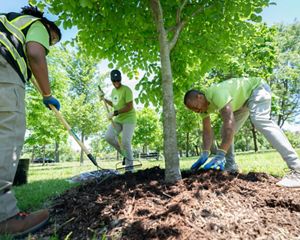Protecting Illinois Nature
For more than 60 years, people like you have helped The Nature Conservancy protect the sun-kissed prairies, shady oak savannas and tranquil forests of Illinois. With your support, we can build on that legacy by bringing people together to help solve today’s biggest conservation challenges, from climate change and habitat loss to protecting clean water.

Nature Is Common Ground—and Common Sense
The Nature Conservancy remains committed to creating a world where everyone thrives alongside nature for generations to come, protecting and preserving nature.
We Can’t Save Nature Without You
Sign up to receive monthly conservation news and updates from Illinois. Get a preview of Illinois’ Nature News email.

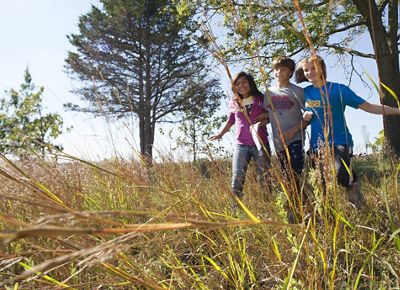
See the Places We Protect in Your Community
From lush prairies and rare savannas to vibrant wetlands and rivers, The Nature Conservancy has helped protect more than 100 sites throughout Illinois in the past 60 years.
